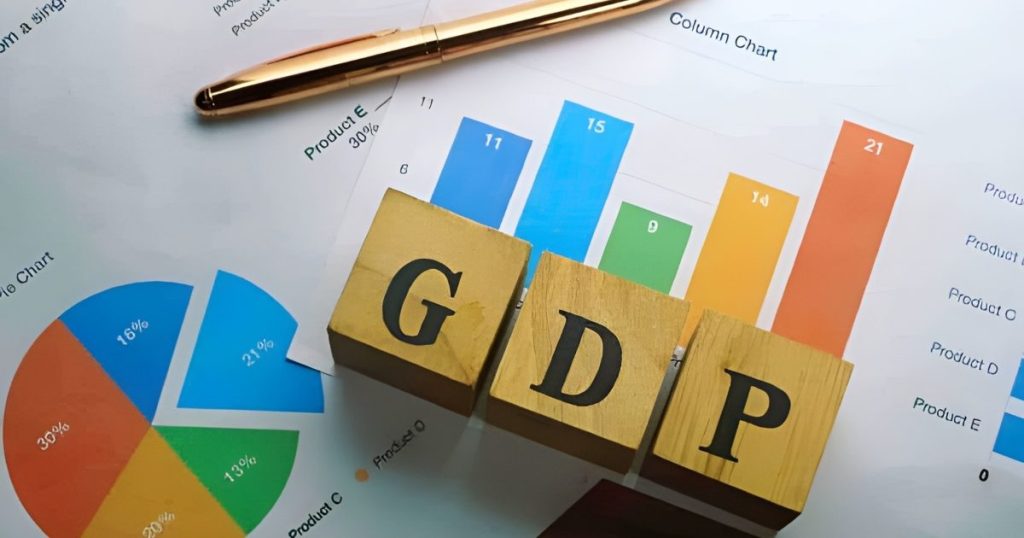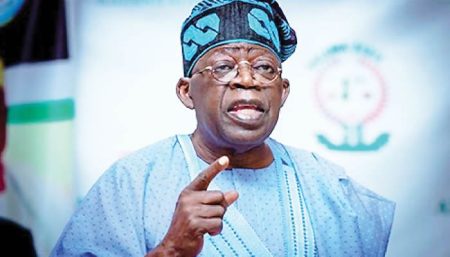Nigeria’s Trade Paradox: Declining Imports Fuel Inflation, Slowing Economic Growth
Nigeria’s trade sector experienced a paradoxical downturn in the first quarter of 2025, characterized by a decrease in imports that, while seemingly beneficial for local production, has inadvertently fueled inflation and weakened consumer purchasing power. This complex interplay of factors has ultimately led to a slowdown in trade growth and a slight dip in trade’s contribution to Nigeria’s Gross Domestic Product (GDP). While the sector demonstrated some resilience with modest year-on-year growth, the underlying structural issues paint a concerning picture of an economy grappling with high import costs, exchange rate volatility, and suppressed consumer demand.
The National Bureau of Statistics reported that trade contributed 18.21% to real GDP in Q1 2025, a marginal decrease from the previous year and the preceding quarter. While this decline may appear minimal, it represents a significant shift in the dynamics of Nigeria’s trade ecosystem. The slowdown in trade activity is primarily attributed to a combination of weakened purchasing power among consumers and businesses, coupled with escalating costs across the import value chain. While the country has experienced trade surpluses, this is primarily due to dwindling imports rather than a surge in exports. This decrease in imports, though seemingly positive for domestic production, has inadvertently contributed to inflationary pressures within the economy.
The escalating cost of imports has become a double-edged sword for the Nigerian economy. On one hand, it has discouraged reliance on foreign goods, prompting businesses and consumers to look inwards and support local production. On the other hand, it has fueled inflation by driving up the prices of essential goods and services. Several factors contribute to these high import costs, including the volatile exchange rate, exorbitant port charges, escalating shipping and terminal costs, demurrage fees, and a multitude of import levies. These cumulative costs significantly impact the final price of goods, dampening demand and ultimately forcing traders to reduce inventory levels. This complex scenario underscores the intricate relationship between import costs, inflation, and consumer demand in Nigeria’s economic landscape.
Compounding the issue of high import costs are internal factors such as domestic logistics costs and pervasive insecurity. These challenges further impede the smooth flow of goods within the country, negatively impacting internal trade. Insecurity disrupts transportation networks, hindering the movement of goods and adding to the overall cost of doing business. This combination of external and internal pressures has created a challenging environment for both importers and domestic producers, contributing to the observed slowdown in trade activity.
The decreased reliance on imports has also exposed weaknesses in local production and consumer demand. While the drop in imports might have been expected to boost local industries, manufacturers are grappling with significant inventories of unsold goods. The weakened purchasing power of consumers, driven by rampant inflation, has resulted in a decline in demand for both imported and locally manufactured goods. This vicious cycle of reduced demand, coupled with high production costs for manufacturers facing inflated import costs for raw materials and machinery, further stifles economic activity and growth.
The export sector, particularly for manufactured and agricultural products, also experienced a period of underperformance. This is largely attributed to the challenging operating environment, which includes the aforementioned factors of high import costs, weak purchasing power, and logistical difficulties. The manufacturing sector, in particular, has struggled to maintain profitability amidst these challenges. The overall picture suggests a complex interaction of factors hindering trade growth, where decreased imports have not translated into a significant boost for local production and exports due to constrained consumer spending.
Despite the challenges, some stakeholders express cautious optimism that ongoing fiscal reforms and wage increases will eventually stimulate consumer spending and invigorate trade activity in the coming quarters. Measures such as the implementation of a minimum wage and tax incentives for small and medium-sized enterprises (SMEs) are expected to boost disposable income and enhance consumer purchasing power. While the current situation presents significant hurdles, these initiatives offer a glimmer of hope for a potential rebound in the near future. However, the effectiveness of these measures will depend on the government’s ability to address the fundamental structural issues impacting the trade sector and create a more conducive environment for sustainable growth. This requires a concerted effort to stabilize the foreign exchange market, reduce import-related charges, ease domestic logistics constraints, and implement policies that support local producers and businesses. Only through a comprehensive and coordinated approach can Nigeria unlock the full potential of its trade sector and achieve sustained economic growth.














